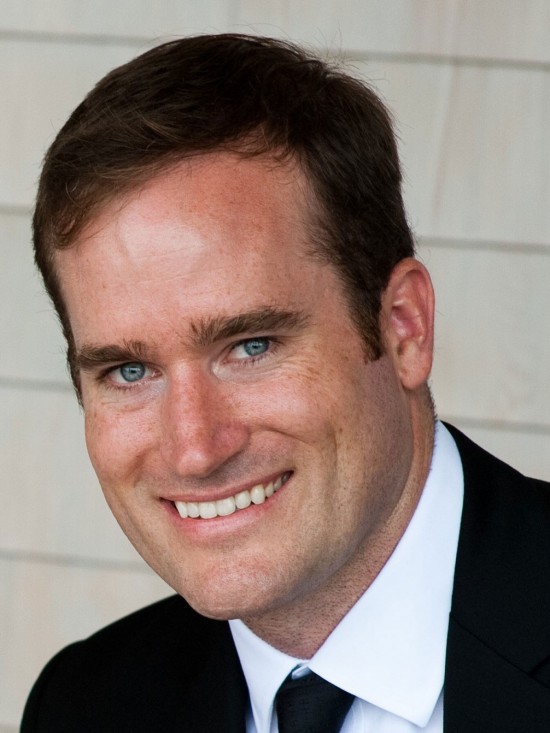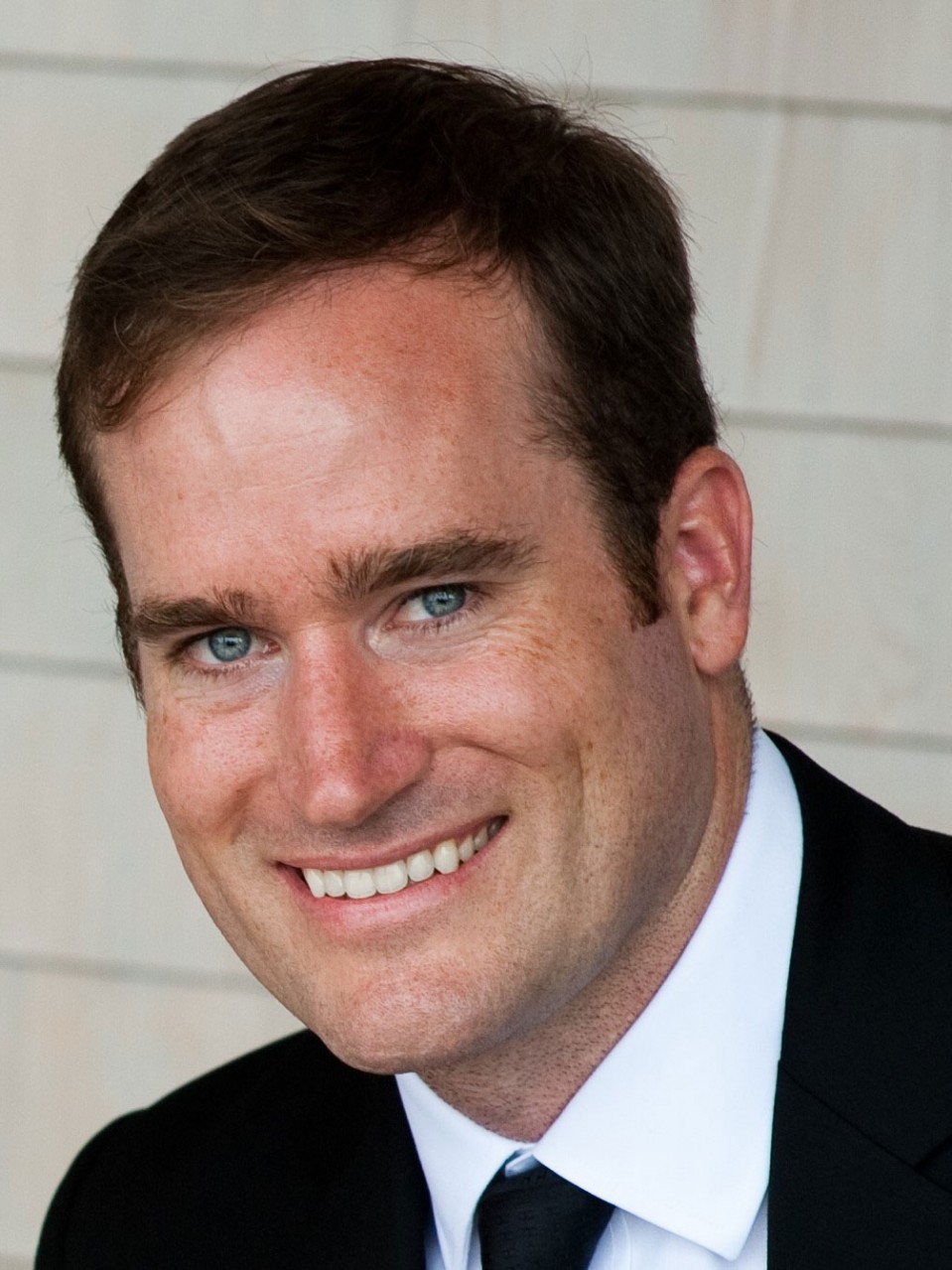Tod Hynes ’02
Electrifying commercial fleets and entrepreneurial minds



Timing is everything, and no one knows that better than Tod Hynes ’02. As an MIT undergraduate studying management science, he created a website that allowed classmates to connect with each other and share photos online. He was eager to turn the site into a business, but investors weren’t convinced. He scrapped it in 2001, just a couple of years before a similar idea would take hold in a dorm room at Harvard.
But Hynes’s prescience didn’t end there. MIT had only two energy-focused classes at the time, he recalls, but he knew it would be a growing field. “I really believed climate change, and therefore energy, was a challenge of my generation and a great opportunity for an entrepreneur,” he says—especially after 9/11 opened his eyes to the global implications of oil dependency.
Hynes eventually joined Citizens Energy Corporation, where he developed wind energy projects across North America and evaluated projects in areas ranging from energy storage to hydroelectricity to carbon offsets. Watching energy technologies and markets evolve in real time, he sensed a new opportunity.
“Wind had already made it. Solar was clearly on its way. I felt like we didn’t have an electricity problem,” he says. “We had an oil problem.” And the bulk of US oil consumption was going toward transportation.
In 2008 Hynes left Citizens Energy to start XL, a Boston-based company that produces the electric power train for large commercial hybrid and plug-in electric vehicles, from pickup trucks to delivery trucks.
The same year, Hynes cofounded the MIT Clean Energy Prize with Bill Aulet, SM ’94, the managing director of the Martin Trust Center for MIT Entrepreneurship, and he joined the Trust Center as a lecturer, teaching the graduate course Energy Ventures. In both the contest and the course, teams develop energy businesses around a specific technology or idea. Hynes lights up when talking about past students and their successes, like one student whose company boosts computing efficiency with silicon chips that transmit data using light. In just a decade, he’s seen the level of energy experience students bring to the course rise dramatically.
As for his own venture, XL is now a leader in the field, with thousands of units on the road that have saved customers more than 1 million gallons of fuel. It hasn’t been easy, though.
“We were five years early,” Hynes says. At times it was hard to hang on while the market and investors caught up with the business. But by now, he says with a smile, it must be obvious “why I was willing to wait it out.”